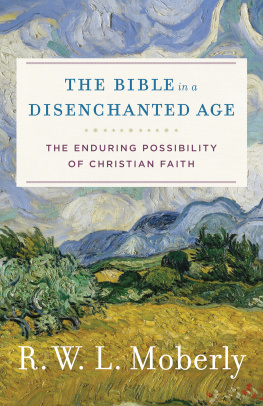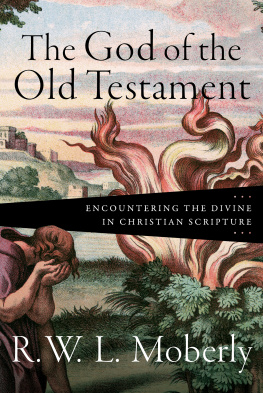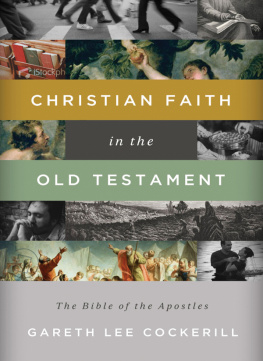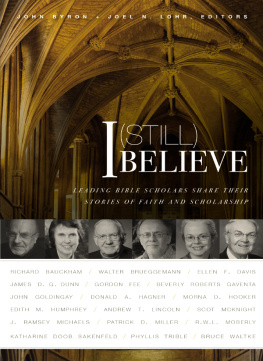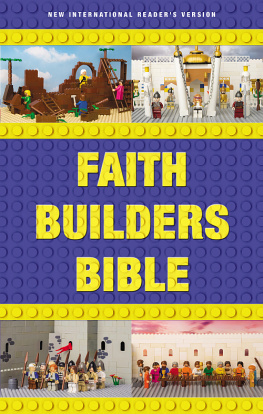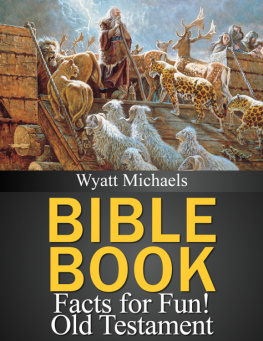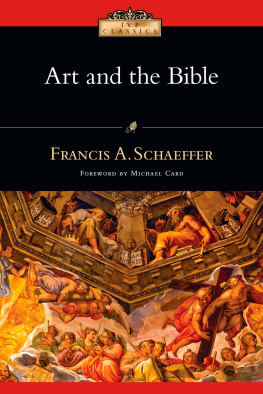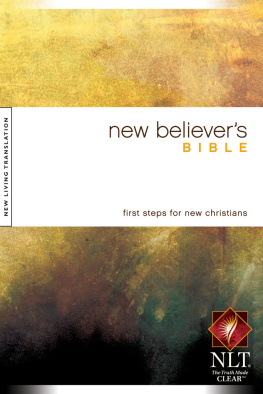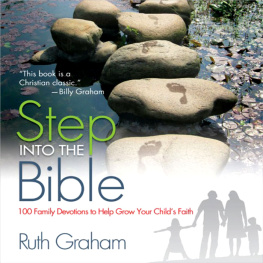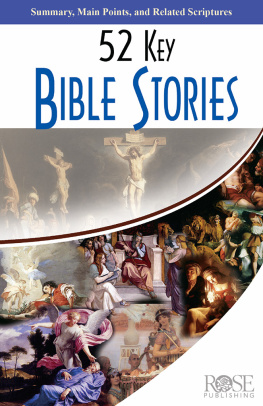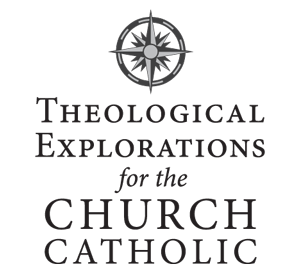1. Posing the Problem
2. Approaching the Bible
3. Towards Privileged Perspectives
4. Towards Trust and Truth
Excursus 3: The Historical Framework for Richard Dawkinss Thinking and Its Conceptual Deficiencies
Series Preface
Long before Brian McLaren began speaking about a generous orthodoxy, John Wesley attempted to carry out his ministry and engage in theological conversations with what he called a catholic spirit. Although he tried to remain united by the tenderest and closest ties to one particular congregation (i.e., Anglicanism) all his life, he also made it clear that he was committed to the orthodox Christianity of the ancient creeds, and his library included books from a variety of theological traditions within the church catholic. We at Nazarene Theological Seminary (NTS) remain committed to the theological tradition associated with Wesley but, like Wesley himself, are very conscious of the generous gifts we have received from a variety of theological traditions. One specific place this happens in the ongoing life of our community is in the public lectures funded by the generosity of various donors. It is from those lectures that the contributions to this series arise.
The books in this series are expanded forms of public lectures presented at NTS as installments in two ongoing, endowed lectureships: the Earle Lectures on Biblical Literature and the Grider-Winget Lectures in Theology. The Earle Lecture series is named in honor of the first professor of New Testament at NTS, Ralph Earle. Initiated in 1949 with W. F. Albright for the purpose of stimulating further research in biblical literature, this series has brought outstanding biblical scholars to NTS, including F. F. Bruce, I. Howard Marshall, Walter Brueggemann, and Richard Hays. The Grider-Winget Lecture series is named in honor of J. Kenneth Grider, longtime professor of theology at NTS, and in memory of Dr. Wilfred L. Winget, a student of Dr. Grider and the son of Mabel Fransen Winget, who founded the series. The lectureship was initiated in 1991 with Thomas Langford for the purpose of bringing outstanding guest theologians to NTS. Presenters for this lectureship have included Theodore Runyon, Donald Bloesch, and Jrgen Moltmann.
The title of this monograph series indicates how we understand its character and purpose. First, even though the lectureships are geared toward biblical literature and systematic theology, we believe that the language of theological explorations is as appropriate to an engagement with Scripture as it is to an engagement with contemporary systematic theology. Though it is legitimate to approach at least some biblical texts with nontheological questions, we do not believe that doing so is to approach them as Scripture . Old and New Testament texts are not inert containers from which to draw theological insights; they are already witnesses to a serious theological engagement with particular historical, social, and political situations. Hence, biblical texts should be approached on their own terms through asking theological questions. Our intent, then, is that this series will be characterized by theological explorations from the fields of biblical studies and systematic theology.
Second, the word explorations is appropriate since we ask the lecturers to explore the cutting edge of their current interests and thinking. With the obvious time limitations of three public lectures, even their expanded versions will generally result not in long, detailed monographs but rather in shorter, suggestive treatments of a given topicthat is, explorations.
Finally, with the language of the church catholic, we intend to convey our hope that these volumes should be pro ecclesia in the broadest sensegiven by lecturers representing a variety of theological traditions for the benefit of the whole church of Jesus Christ. We at NTS have been generously gifted by those who fund these two lectureships. Our hope and prayer is that this series will become a generous gift to the church catholic, one means of equipping the people of God for participation in the missio Dei .
Andy Johnson
Lectures Coordinator
Nazarene Theological Seminary
Kansas City, Missouri
. John Wesley, Sermon 39 , Catholic Spirit, III.4, in Bicentennial Edition of the Works of John Wesley (Nashville: Abingdon, 1985), 2:7995. We know, however, that his public ties with Anglicanism were at some points in his life anything but tender and close.
Preface
This book began life as the Earle Lectures at the Nazarene Theological Seminary in Kansas City, Missouri, on November 1617, 2015. I had a great few days there, enjoying the company and conversation of faculty, staff, and students and being generously wined and dined. I would like to record my particular thanks to President Carla Sunberg for the hospitality of the institution, and to Andy Johnson for making the arrangements, chauffeuring me around town, and generally looking after me.
The expansion of the three shortish lectures into a book took place during the summer of 2016 in Durham, where I continue to savor having an office in Abbey House, which is one of the best offices one could ever hope for, with just about enough space for my books (though piles on the floor are slowly appearing) and with evergreen views of Palace Green and Durham Cathedral.
I received some valuable bibliographic help from my teaching assistant, Vasile Condrea. Douglas Earl has kindly done the indexing for me in a way that we hope is reader-friendly. I am grateful also to my patient and long-suffering friends who have again read something I have written in draft form and enabled me to make it better. Richard Briggss questions about the structure and direction of the argument helped me see that I needed to be much clearer and more disciplined. Anthony Bash weeded out some irritating and/or infelicitous idioms. Chris Hays helped with bibliography. David Day gave an assist with the title (though the Baker Academic team also contributed). Both Patrick Morrow and my wife, Jenny, pointed out numerous small problems of wording and thought, enabling me to avoid factual errors and also to improve what I say. Tim West has been the copyeditor that every writer hopes for. Last but by no means least, Jim Kinney made wise editorial suggestions. I had been a little uncertain about structure and rhetoric in one or two places, especially in chapter 4, but it was only when Jim stated the obvious that I too saw that it was indeed the obvious, and was able to rewrite accordingly. As ever, such infelicities and errors as remain are all my own work.

